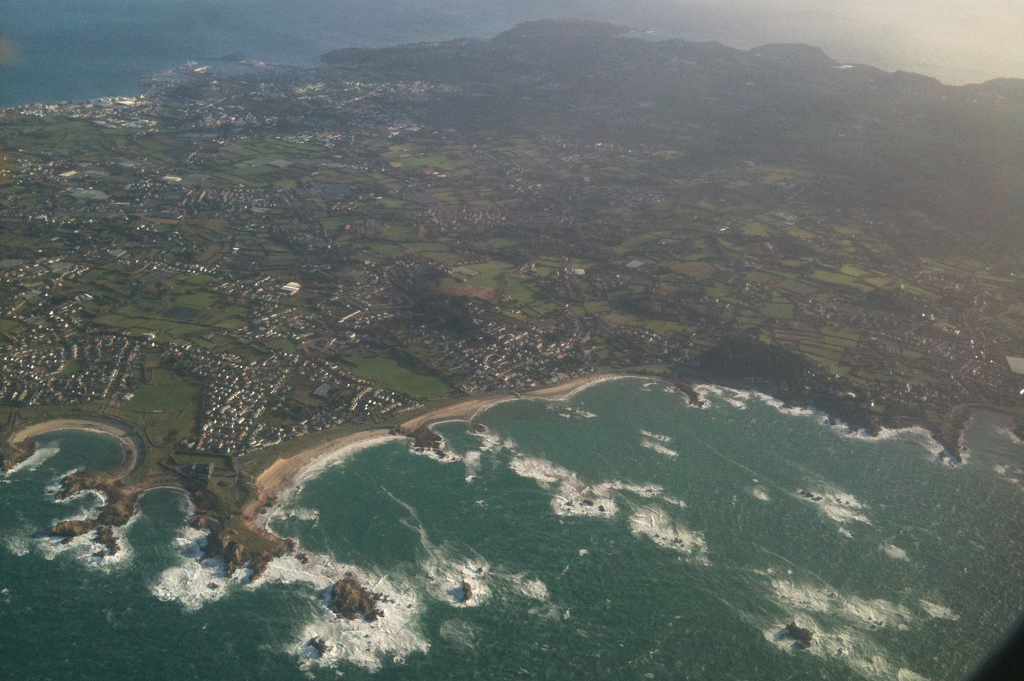The report says there is an uncertainty in securing an electrical supply from traditional sources from Europe, particularly France, following the decision by the French government to cut nuclear generation.
It concludes that while renewables will be necessary in the future it is unlikely they will be a viable option before 2020, despite the island having considerable resources.
The report also considered onshore and floating turbine projects, as well as other renewable technologies. It said onshore projects would be difficult due to the lack of useable land on the island and floating technology is still in its "infancy".
It goes on to say that offshore wind on a commercial scale is the most "likely to be possible to develop prior to 2020". However admitting that with no current plans in the pipeline it was unlikely to happen and the government should wait until prices for offshore power are lower.
"The costs for offshore wind projects are presently in excess of current sources, but they are continuing to decrease, so it is appropriate to delay investigation until the early 2020s when costs are forecast be closer to £0.10/kWh (EUR 0.12/kWh)," the report said.
The report recommends continuing the present mandate for the commerce and employment department to investigate and prepare for the use of renewable energy as part of the island's energy mix.
Last year, the island's government was said to be considering installing a 100MW wind project off the north-east coast, which would generate more electricity than the island needs.

.png)


.png)










